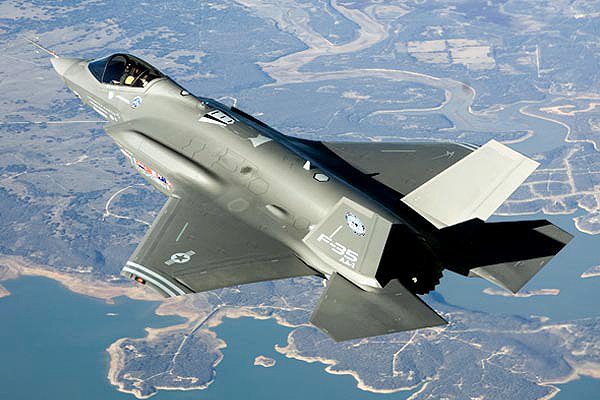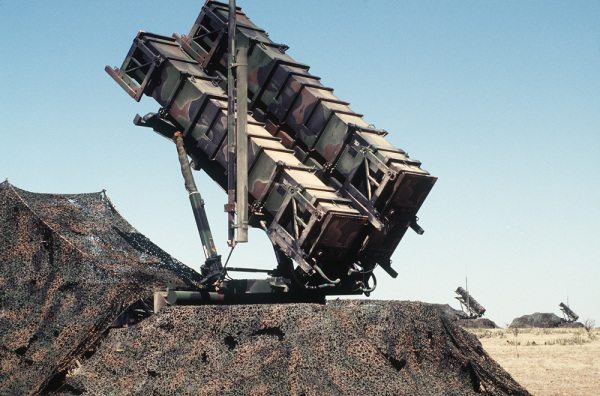Pentagon chief Leon Panetta sought to reassure Italy’s defense minister over the troubled F-35 fighter program in talks Monday, pledging to hold down costs of the radar-evading warplane, officials said.
During Italian Defense Minister Giampaolo Di Paola’s meeting with Panetta in Washington, the rising price tag for the plane came up “but both leaders expressed a commitment to the program,” a US official told AFP.
“The secretary indicated that it’s a priority of the (Defense) Department to ensure that costs are kept in line,” said the official, who spoke on condition of anonymity.
Italy recently scaled back its planned purchase of the F-35 Joint Strike Fighter from 131 to 90 as part of wider cuts to military spending.
The move underscored concern among countries backing the F-35 project as repeated technical problems have triggered delays in production, steadily driving up the cost of each jet.
In his talks with Di Paola, Panetta “reiterated the United States commitment to developing the Joint Strike Fighter and the technology advancements both nations will receive as a result of fielding this 5th generation fighter,” Pentagon press secretary George Little said in a statement.
Panetta also referred to progress in developing the short-takeoff, vertical landing (STOVL) version of the aircraft, the F-35B, one of three variants of the plane that had previously been placed “on probation” due to technical setbacks.
The short-takeoff version “has recently come off probation after catching up to the other variants’ testing milestones,” Little said.
Italy hopes to purchase the F-35B to replace its an older fleet of Harrier jets for use on a new aircraft carrier.
The Joint Strike Fighter is supposed to form the backbone of the future American air fleet and 11 other allied countries have joined the program.
The Pentagon and the plane’s manufacturer, aerospace giant Lockheed Martin, have struggled to keep costs under control, with each plane’s price tag doubling in real terms over the past decade. The price of each jet is roughly at $113 million in fiscal year 2011 dollars and the program’s overall cost has jumped to nearly $400 billion.
The two defense chiefs also discussed the upcoming NATO summit in Chicago on May 20-21, the Arab spring and Rome’s role in the NATO-led mission in Afghanistan, Little said.











